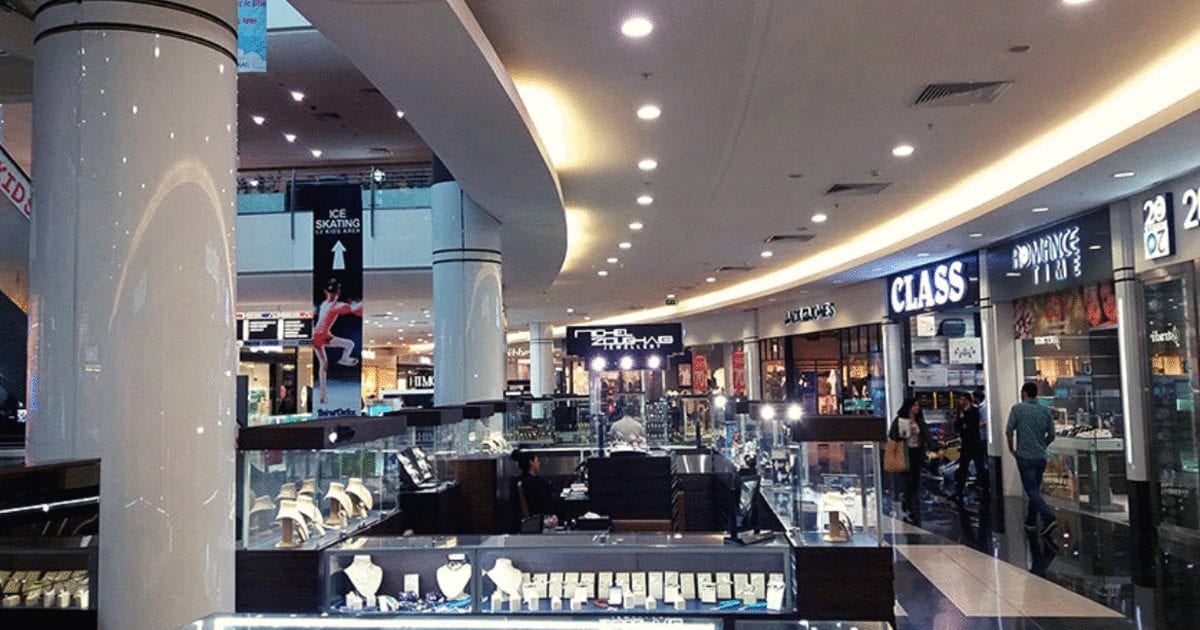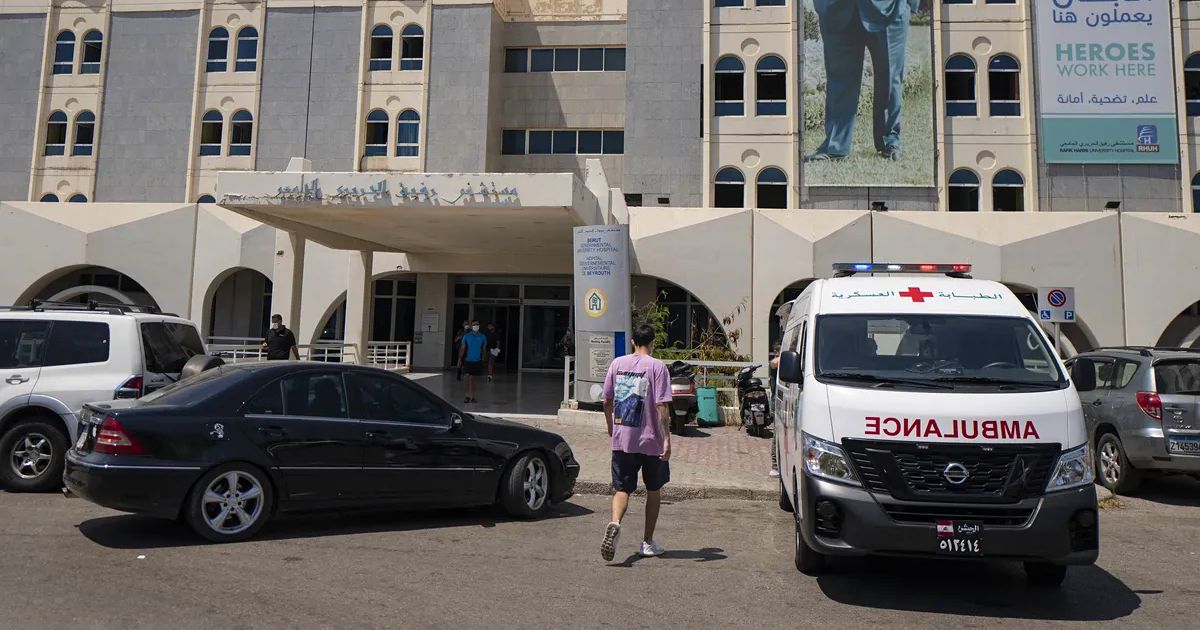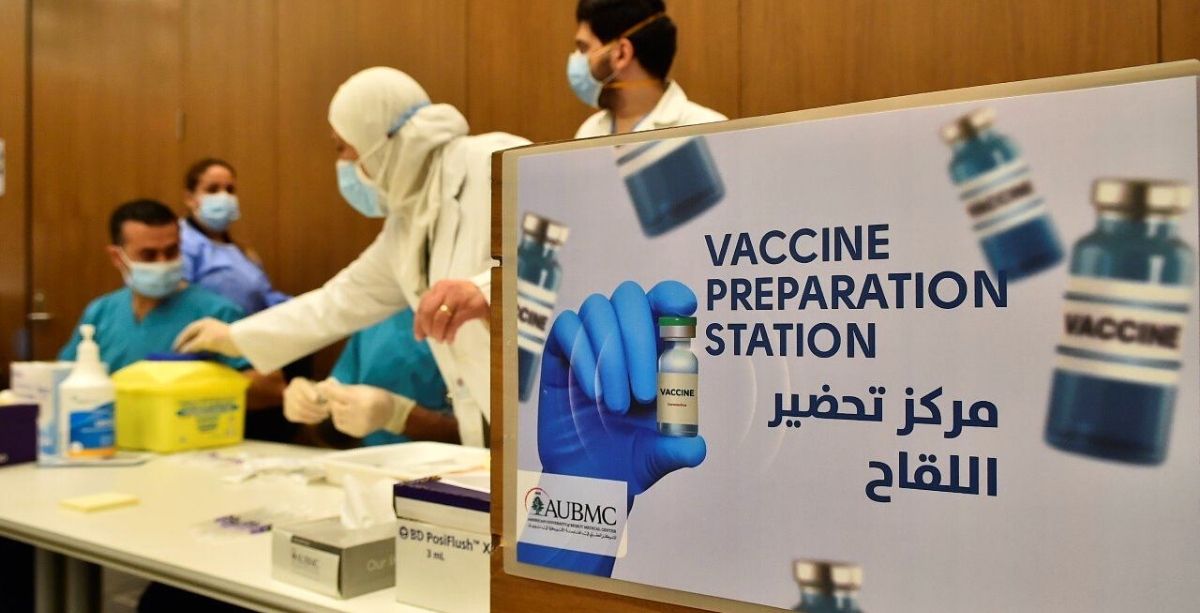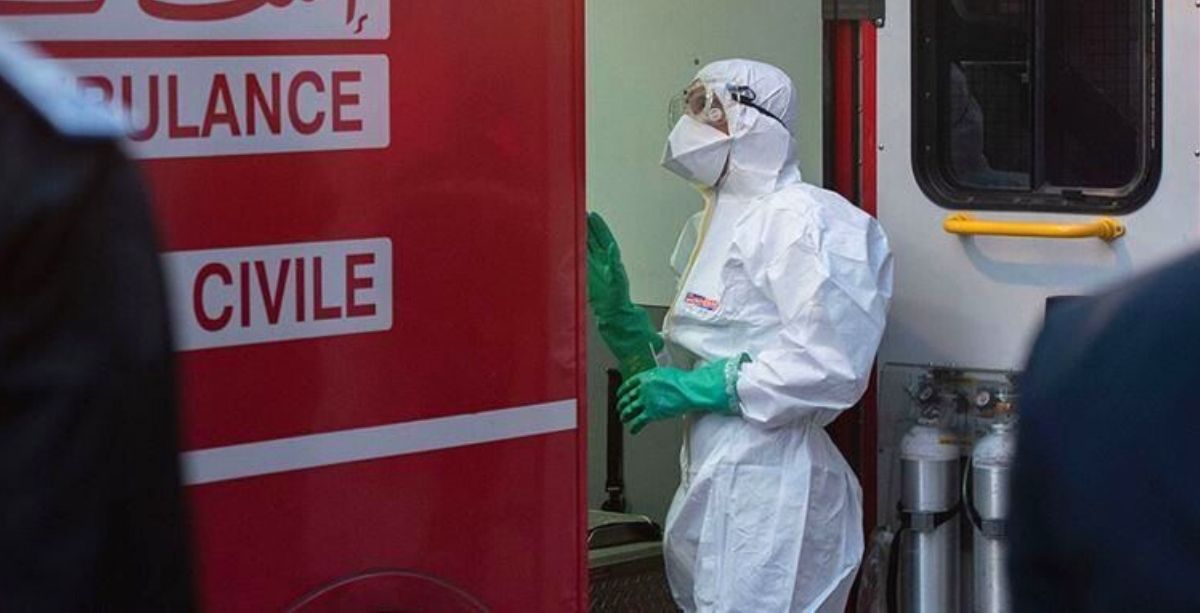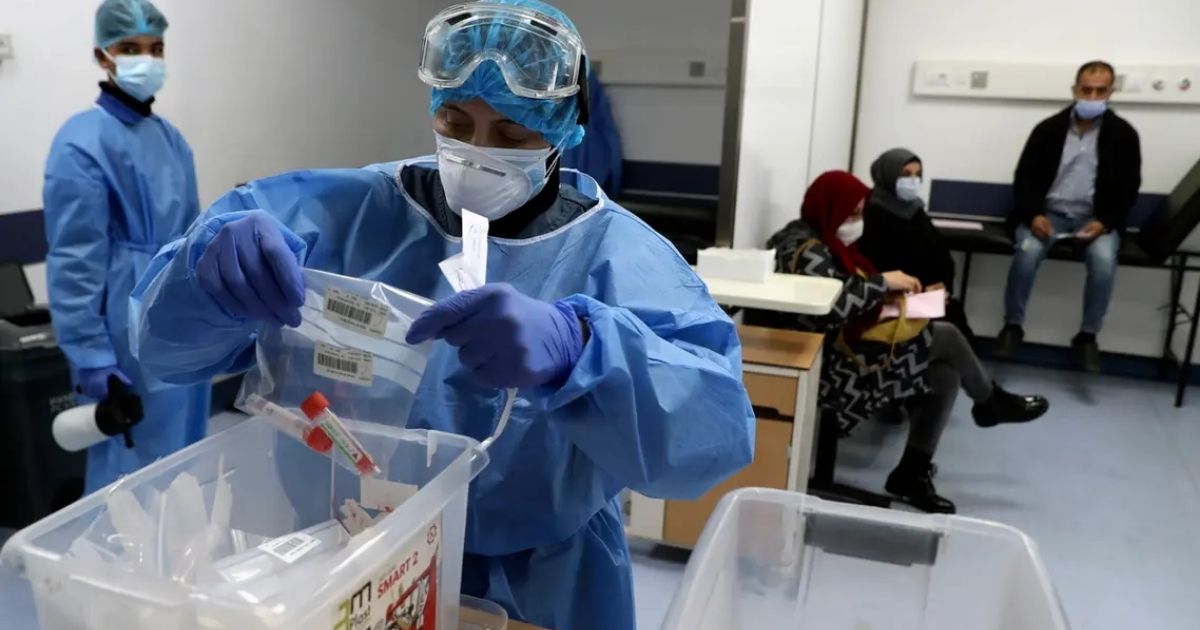The Governor of Beirut, Ziad Chebib, recently closed down the capital’s street markets to reduce the chance of spreading the coronavirus. In light of this preventive decision, the question of whether malls and shopping centers should follow suit arose.
Although these “folk” marketplaces are considered more likely to contribute to the spread of the disease, which is why they were closed, they were not solely affected by the coronavirus.
Michel Abchee, the Chairman of ADMIC that operates Beirut’s City Mall, told Al-Akhbar that the 13 [now 16] coronavirus cases had “a significant effect on malls and places of assembly.”
The news of the virus entering Lebanon heavily impacted the economy in general, and caused a drop in the number of mall-goers on Saturdays and Sundays.
“The decision to halt schools has had a negative impact,” Abchee explained. “The panic from the coronavirus has formed a devastating blow after the economic crisis, the decline in purchasing power, the high cost of living, and the sharp drop in sales,” he added.
But although the people’s reaction to the virus was exaggerated in the businessman’s opinion, “it’s understandable, as citizens need time to adapt to a new phenomenon.”
As to how malls are adapting to this phenomenon, Abchee explained that they’ve resorted to implementing “self-discipline” tactics in the absence of “state-level regulations.”
Instead of waiting for authorities to compile a preventive plan (which may not happen considering they’re 16 cases late for this), City Mall has “increased hand-washing fluids and disinfection means, and distributed them further within the institution.”
Moreover, the mall has “encouraged employees to wash hands and sterilize continuously, and set up a program for cleaning and disinfection in restaurants and places designated for children,” Michel Abchee announced.
However, as he pointed out, people and institutions cannot replace the role of the state in spreading the required awareness about the virus.
“A scientific reassurance is required for coexisting with a reality that will continue for months to come and will not end with two weeks of closure,” Abchee advised.
Professor Salim Adib, a medically-trained epidemiologist and Senior AUB Lecturer in Public Health, told Al-Akhbar that the closure of malls and other public places of assembly is unnecessary at this point.
“It’s still too early to talk about it,” he said, “since it’s a measure resorted to in cases of dangerous, easily-transmitted diseases.”
Prof. Adib said that in the case of this coronavirus, what’s currently required is keeping arrivals and people who had been in direct contact with them monitored or quarantined as required.
He criticized the state’s “relinquishment of its responsibilities and its delay in the precautionary measures against the expatriates from the affected countries,” which led to “holding the entire society responsible.” he added, “The exaggeration led to unnecessary panic.”
“And since Lebanon is considered a ‘young country’ in terms of the age spectrum,” he explained, “the situation is not so dangerous as to follow the measures that have been taken in countries with high mortality rates, such as China, South Korea, Italy, and Iran.”
Unlike in shopping centers, people in street markets are much more prone to contracting the virus. This is because of the diversity (they generally attract tourists) and popular density that’s normally found in these places.
Nevertheless, the Governor of Beirut did say that if it’s found that anywhere else is dangerous, he will take appropriate action.
